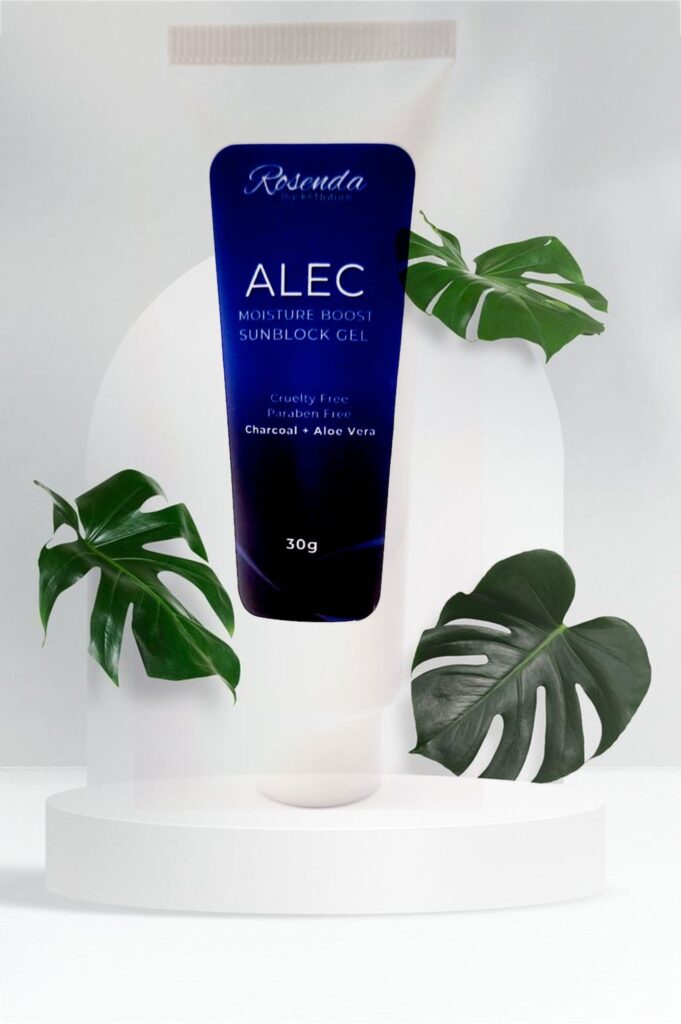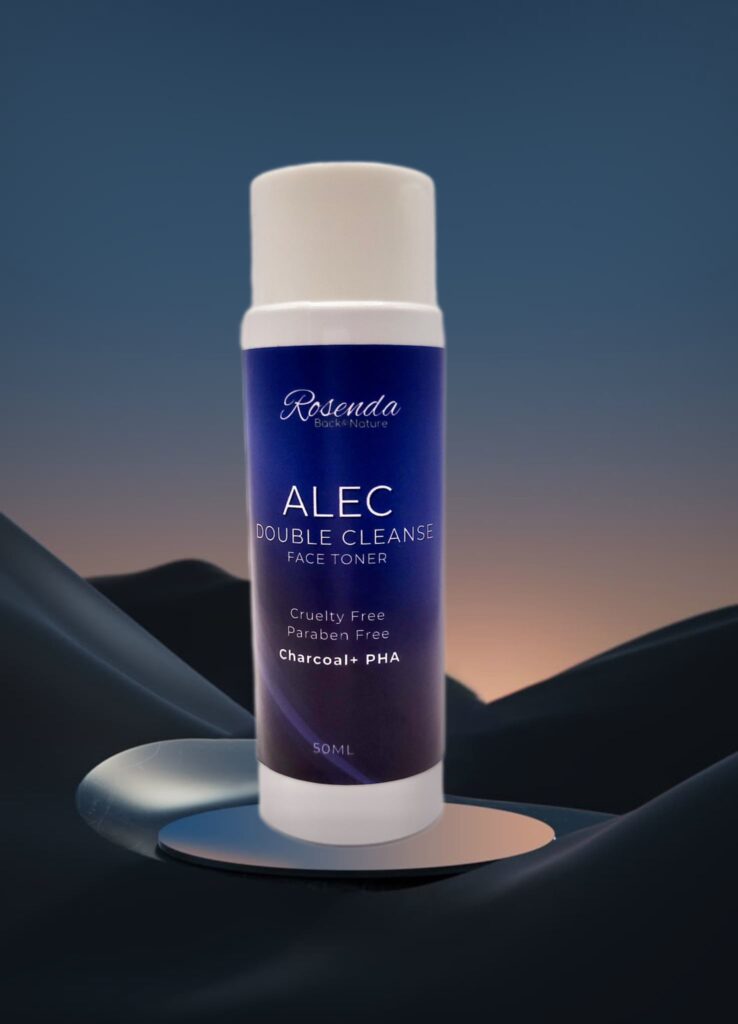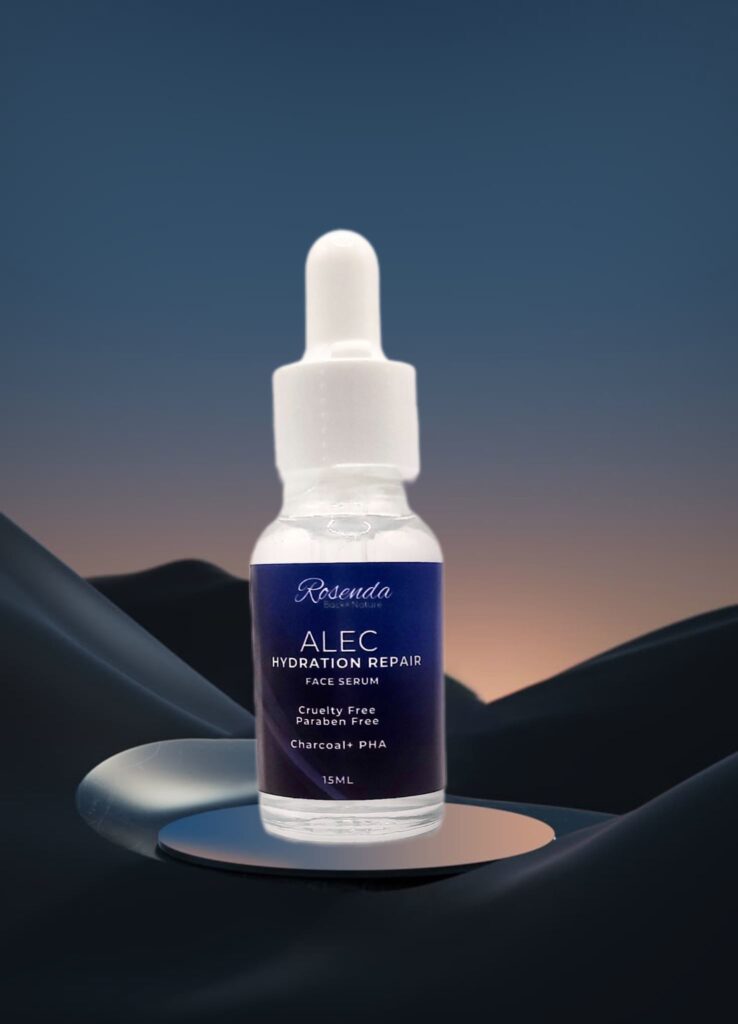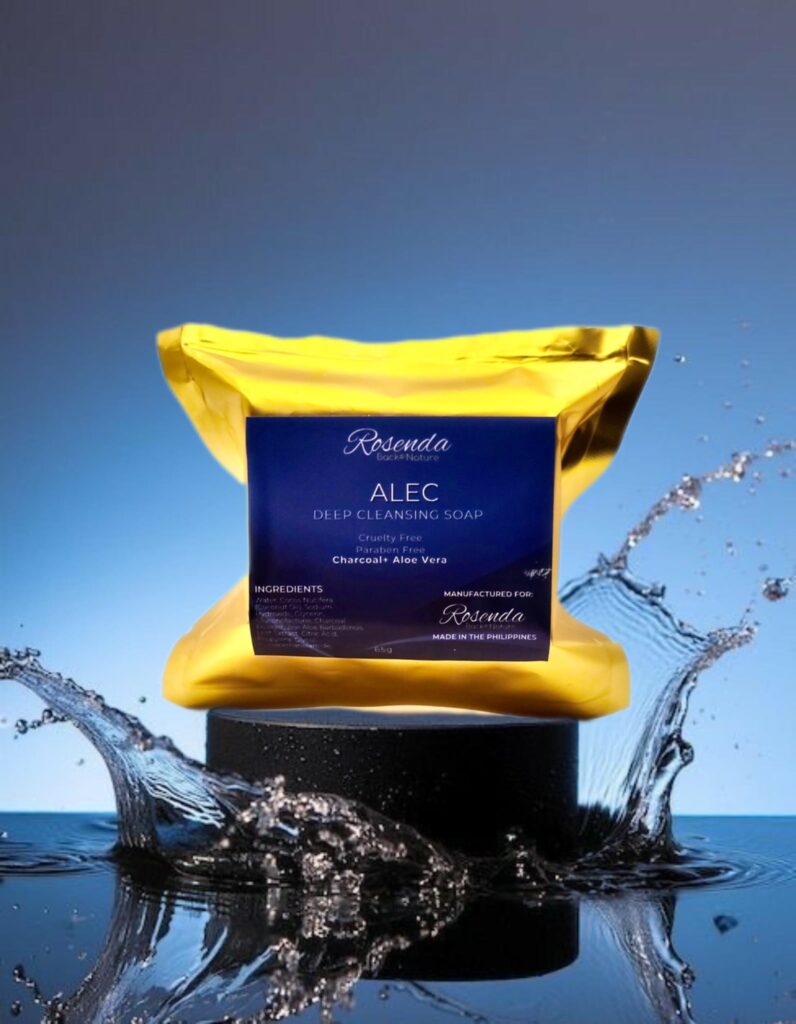By Rosenda Back to Nature
In a world full of chemical-laden commercial soaps, why not create your own natural, eco-friendly, and skin-loving herbal soaps? Using locally available Philippine ingredients, you can make soaps that are gentle on your skin and kind to the environment.
As a zero-waste advocate, I’ve experimented with many traditional Filipino herbs and oils to create simple, effective soap recipes. Best of all, these DIY soaps reduce plastic waste and cost less than store-bought alternatives!
Why Make Your Own Herbal Soap?
✅ No harmful chemicals (SLS, parabens, artificial fragrances)
✅ Customizable for different skin types
✅ Uses local ingredients, supporting Filipino farmers
✅ Plastic-free and biodegradable
✅ Cost-effective – saves money in the long run
Essential Local Ingredients for DIY Herbal Soap
1. Base Oils (Available in Local Markets) – Coconut oil (antibacterial, moisturizing) – Olive oil (gentle, rich in antioxidants) – Calamansi oil (brightens skin, rich in Vitamin C) – Cacao butter (deeply hydrating)
2. Natural Lye (Sodium Hydroxide)- Available in hardware stores or online – Always handle with care!
3. Herbs & Natural Additives- Guava leaves (anti-acne, antibacterial) – Lagundi leaves (anti-inflammatory, soothes eczema) – Tawas powder (natural deodorizer) – Turmeric (brightens skin, reduces blemishes) – Activated charcoal (deep cleansing, detoxifying)
4. Essential Oils (Optional for Fragrance) – Ylang-ylang (relaxing scent) – Lemongrass (refreshing and antifungal) – Calamansi extract (uplifting citrus scent)
3 Simple DIY Herbal Soap Recipes
1. Guava & Coconut Anti-Bacterial Soap (Great for Acne-Prone Skin )
Ingredients: – 500g coconut oil – 200g olive oil – 100g dried guava leaves (powdered) – 135g lye – 300ml distilled water
Steps:1. Prepare lye solution: Slowly mix lye into water (in a well-ventilated area). 2. Melt oils: Heat coconut and olive oil in a double boiler. 3. Combine: When both reach 100°F, mix lye into oils. Blend until trace (pudding-like consistency). 4. Add guava powder: Stir well. 5. Pour into molds: Let harden for 24 hours, then cure for 4 weeks.
Benefits: Guava leaves contain antimicrobial properties, perfect for acne-prone skin.
2. Lagundi & Calamansi Soothing Soap (For Eczema & Sensitive Skin)
Ingredients: – 400g coconut oil – 300g olive oil – 50g lagundi leaves (powdered) – 2 tbsp calamansi juice – 135g lye – 300ml coconut water (instead of distilled water for extra hydration)
Steps: 1. Make lye solution with coconut water (add lye slowly). 2. Melt oils and mix with lye at 100°F. 3. Add lagundi powder and calamansi juice at trace. 4. Pour into molds and cure for 4 weeks.
Benefits: Lagundi reduces inflammation, while calamansi brightens and revitalizes skin.
3. Charcoal & Tawas Detox Soap (For Deep Cleansing & Odor Control)
Ingredients: – 500g coconut oil – 200g cacao butter – 2 tbsp activated charcoal – 1 tbsp tawas powder – 135g lye – 300ml distilled water
Steps: 1. Prepare lye solution. 2. Melt coconut oil and cacao butter. 3. Mix lye and oils, blend until trace. 4. Add charcoal and tawas, stir well. 5. Pour into molds and cure. Benefits: Charcoal draws out impurities, while tawas controls sweat and odor—perfect for active Filipinos!
Where to Buy Ingredients in the Philippines?
-Coconut oil & herbs – Local palengke (wet markets) – Lye (Sodium Hydroxide) – Hardware stores or Shopee/Lazada – Essential oils – Healthy Options, The Good Choices PH – Molds – Silicone molds from baking shops or online
Want to skip the DIY? Check out my pre-made herbal soap kits with all-natural ingredients! Links here: ( https://ph.shp.ee/oMHq8Kf ) ( https://vt.tiktok.com/ZSSwCMTsk/?page=TikTokShop )
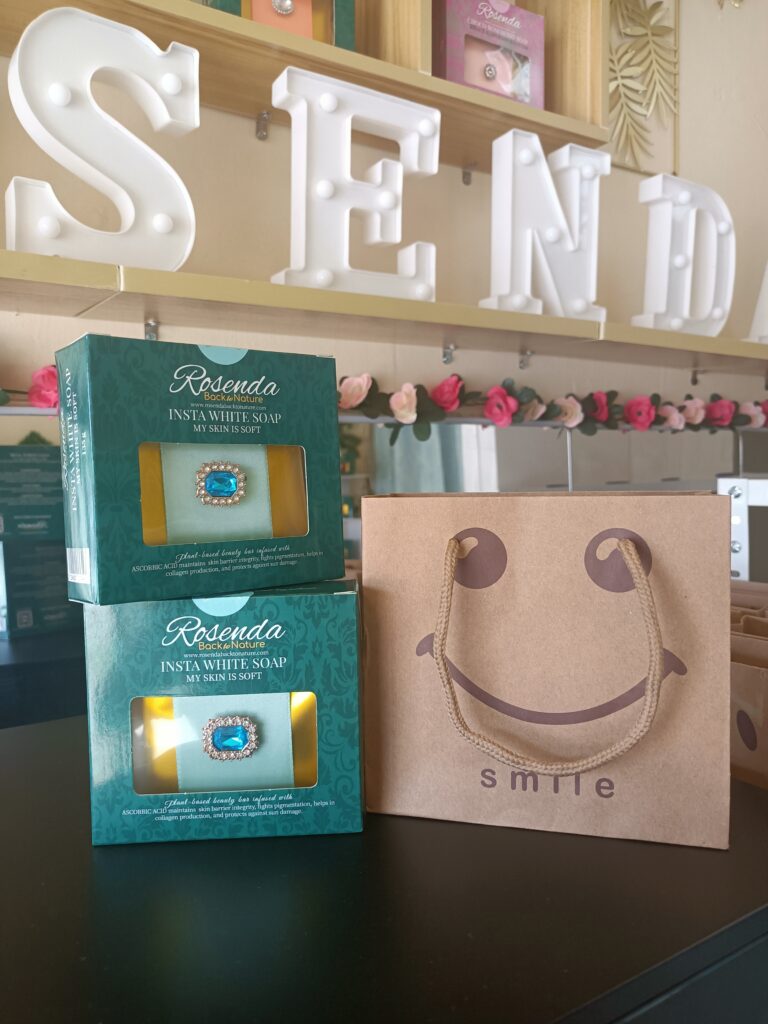
Tips for Beginners:
✔ Always wear gloves & goggles when handling lye ✔ Use stainless steel or glass (no aluminum!) ✔ Cure soap for 4 weeks for a milder, longer-lasting bar ✔ Store in a dry place to prevent melting
Final Thoughts:
Making your own herbal soap is easy, rewarding, and sustainable. By using local Philippine ingredients, you support farmers, reduce plastic waste, and avoid harmful chemicals.
Have you tried making herbal soap before? Share your experience below! For more DIY natural beauty recipes, follow Rosenda Back to Nature on Facebook & Tiktok & Shopee. Ready-to-use herbal soap kits also available!
Refer to these links:FB page: ( https://www.facebook.com/share/15GVPqpsrF/ )Tiktok Shop: ( https://vt.tiktok.com/ZSScd2xrC/?page=TikTokShop )Shopee: ( https://ph.shp.ee/N5ywpcS )
